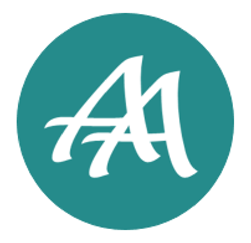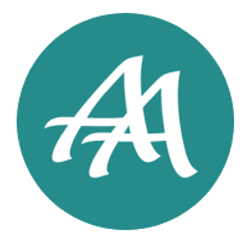In mid-February, I took a plane to Berlin to attend a four-day seminar on the basics of space technology, organised by the German aerospace society DGLR. Initially not entirely sure this course would be for me, especially since it was advertised to engineers—, I was soon relieved to find out that my technical knowledge and affinity made up for my lack of engineering background.
The two lecturers leading the course, Professor Brieß of the Technical University of Berlin and Professor Kayal of Würzburg University, expertly introduced us to the world of space and space technology.
On our first day, after a short introduction of our two lecturers and all six attendants, we delved straight into the first few topics: a general introduction to satellite and rocket technology including space transportation systems (featuring the infamous rocket equation), the space environment and, as a closing note for the day, orbital mechanics. The highlight of this day however was Professor Brieß’ tour of the space department of his university. We were able to gain insights into the university’s projects and some employees had stayed late to tell us more about their satellite mission control room, their day-to-day tasks and the university’s planetary rover projects.
The next day was, after a last space environment lecture about space debris, all about spacecraft subsystems. Professor Kayal started us off on different power supply options (e.g. solar panels and batteries ) and in the afternoon, Professor Brieß took over to tell us more about the different types of chemical and electric propulsion systems and attitude control.
Wednesday was again a day of subsystems and taught us a lot about on-board computers, data handling and communication systems, including architecture, software requirements and frequency modulation. Thermal control and structures and mechanisms were two further topics we covered that day to finish the subsystems part of the course.
Our fourth and final day was packed with interesting lectures about satellite operations and how a mission control centre works, followed by planetary exploration and systems verification processes. The last topic covered was all about the more and more prevalent NewSpace industry in the US and Europe, with a special focus on Germany’s approach to it, dubbed “Space 4.0” (reminiscent of “Industry 4.0”).
I would like to thank DGLR for organising this well-rounded, rewarding course and our lecturers for sharing their interesting stories from everyday lives as spacecraft engineers and their enthusiasm for their industry. But it was not only the lectures themselves, but also our discussions in the coffee breaks that made this course worthwhile and sent me home with a head buzzing with new knowledge. If you are looking for a (German) course that is all about space, I can only recommend booking this seminar.

